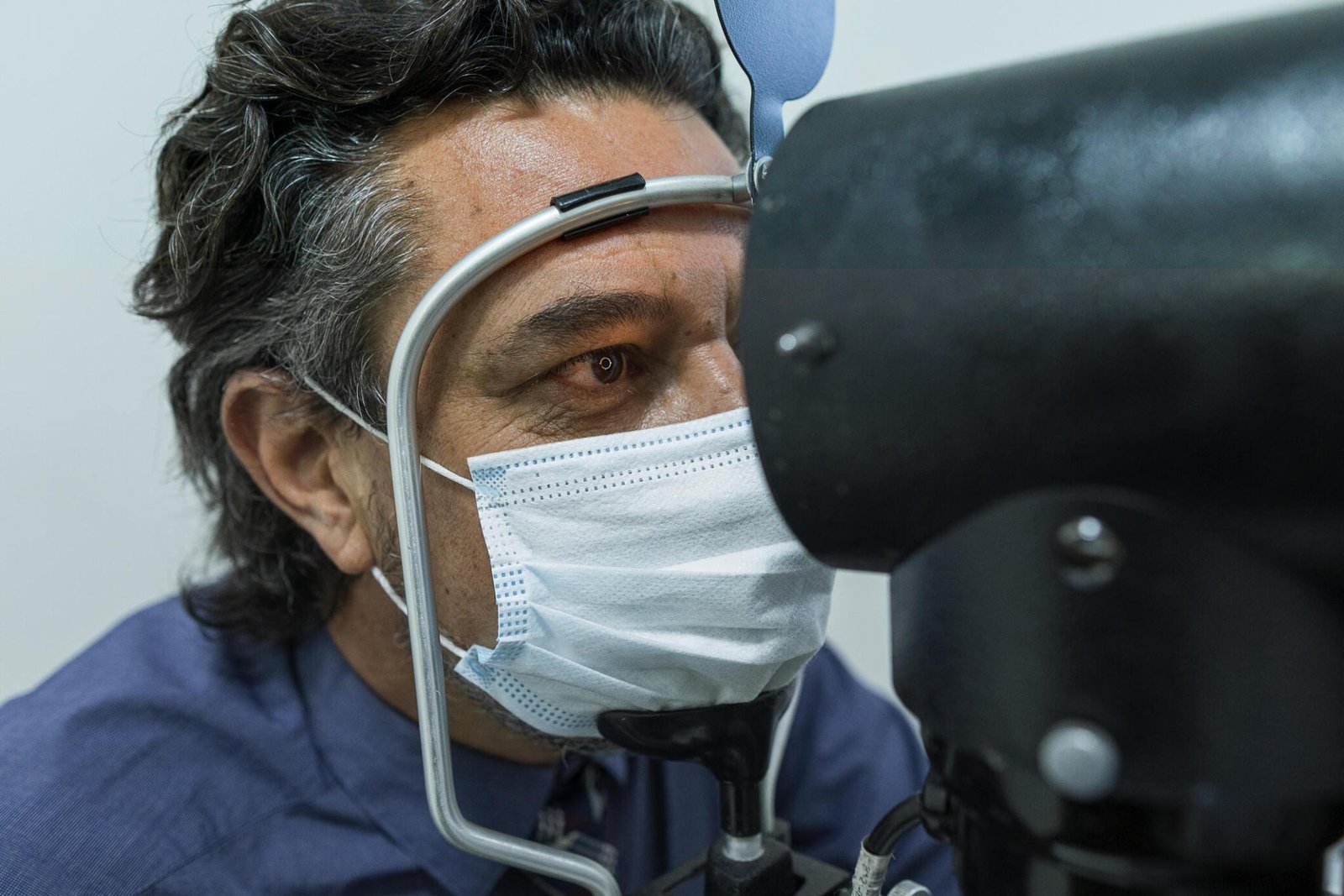The Phakic Intra-ocular Lens (PIOL), also known as Phakic IOL or “Permanent Contact Lens (PCL),” is a surgical method that involves the permanent implantation of a lens inside the eye without disturbing any part of the eye, to eliminate the need for glasses or contact lenses. This procedure is particularly beneficial for managing high refractive errors, especially in cases where traditional LASIK surgery may not be ideal, due to issues like unpredictability, regression, corneal ectasia, and the induction of high-order aberrations that can reduce vision quality in low light conditions, or patient is not having good enough thickness for Laser vision correction.
If you’re on the journey of exploring vision correction solutions or have been contemplating the benefits of Phakic IOL surgery, let CSR Eye Hospital be your beacon. Our hospital stands as a pillar of excellence in eye care, equipped with advanced technology and spearheaded by the leading IOL surgeons in Hyderabad. We are committed to providing individualized care, understanding that each eye is unique and each patient’s needs are different.
